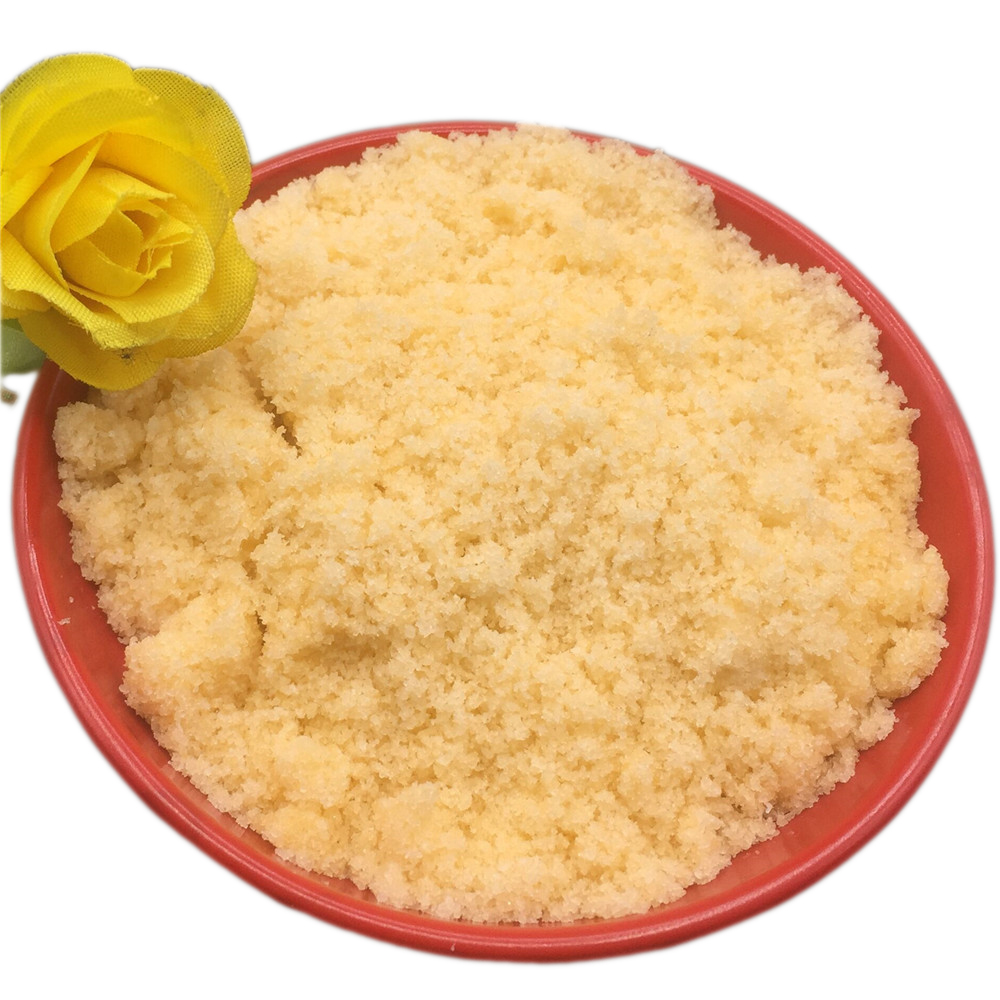
Nov . 16, 2024 20:58 Back to list
Nutrient Benefits of Seaweed in Agriculture and Its NPK Ratio
The Benefits of Seaweed as a Natural NPK Fertilizer
In recent years, the agricultural sector has seen a growing interest in sustainable farming practices, and one of the most promising avenues for enhancing soil fertility and plant growth is the use of seaweed as a natural fertilizer. Seaweed contains essential nutrients known as NPK nitrogen (N), phosphorus (P), and potassium (K). These nutrients are vital for plant health, and their organic sourcing from seaweed provides an environmentally friendly alternative to synthetic fertilizers.
What is NPK?
NPK stands for nitrogen, phosphorus, and potassium, three of the primary macronutrients that plants require for their growth and development. Each plays a unique and crucial role in plant health
1. Nitrogen (N) Essential for the growth of plant leaves, nitrogen is a key component of chlorophyll, the green pigment responsible for photosynthesis. It helps in the development of foliage and contributes to vigorous growth.
2. Phosphorus (P) Vital for energy transfer and photosynthesis, phosphorus promotes root development and increases flowering and fruiting. It is also crucial for the formation of DNA and RNA, making it essential for cell division and growth.
3. Potassium (K) Known as the quality nutrient, potassium aids in the synthesis of proteins and enzymes, regulates water use, and enhances the plant's ability to withstand stress from drought and diseases.
Seaweed as a Source of NPK
seaweed npk

Seaweed is a rich source of naturally occurring NPK along with a myriad of micronutrients and trace elements. A variety of seaweed species, including kelp, brown seaweed, and red algae, have been used for centuries as fertilizers in many cultures. They not only provide the necessary nutrients but also improve soil structure and moisture retention.
Moreover, seaweed contains substances like alginic acid and plant growth hormones, which stimulate root development and enhance nutrient uptake. This is particularly beneficial in sandy or nutrient-poor soils, where traditional fertilizers may wash away.
Environmental Benefits
Using seaweed as a fertilizer aligns with sustainable agricultural practices. Unlike synthetic fertilizers, which can contribute to soil degradation and water pollution through runoff, seaweed is biodegradable and reduces the risk of environmental harm. Furthermore, harvesting seaweed offers an effective way to manage marine resources sustainably, contributing to ocean health while providing crops with the nutrients they need.
Application and Use
Farmers can apply seaweed in various forms liquid extracts, granules, or blended into compost. Liquid seaweed fertilizers can be foliar-fed or watered into the soil, allowing for quick absorption by the plants. The slow-release nature of dried seaweed granules enhances long-term nutrient availability, making it an excellent addition to garden soil or potting mixes.
Conclusion
Incorporating seaweed as a natural NPK fertilizer offers numerous advantages for both crop production and the environment. Its organic composition nourishes plants while preserving soil health and reducing the dependency on chemical fertilizers. As the demand for eco-friendly farming solutions continues to rise, seaweed stands out as a sustainable choice for growers looking to improve their yield while protecting our planet’s resources. With further research and development, the full potential of seaweed in agriculture is yet to be realized, promising a greener future for farming.
-
10 10 10 Fertilizer Organic—Balanced NPK for All Plants
NewsJul.30,2025
-
Premium 10 10 10 Fertilizer Organic for Balanced Plant Growth
NewsJul.29,2025
-
Premium 10 10 10 Fertilizer Organic for Balanced Plant Growth
NewsJul.29,2025
-
Premium 10 10 10 Fertilizer Organic for Balanced Plant Growth
NewsJul.29,2025
-
50 Pound Bags of 13-13-13 Fertilizer for All Plants – Bulk & Organic Options
NewsJul.28,2025
-
High-Efficiency 15-30-15 Granular Fertilizer for Healthy Crops
NewsJul.28,2025
